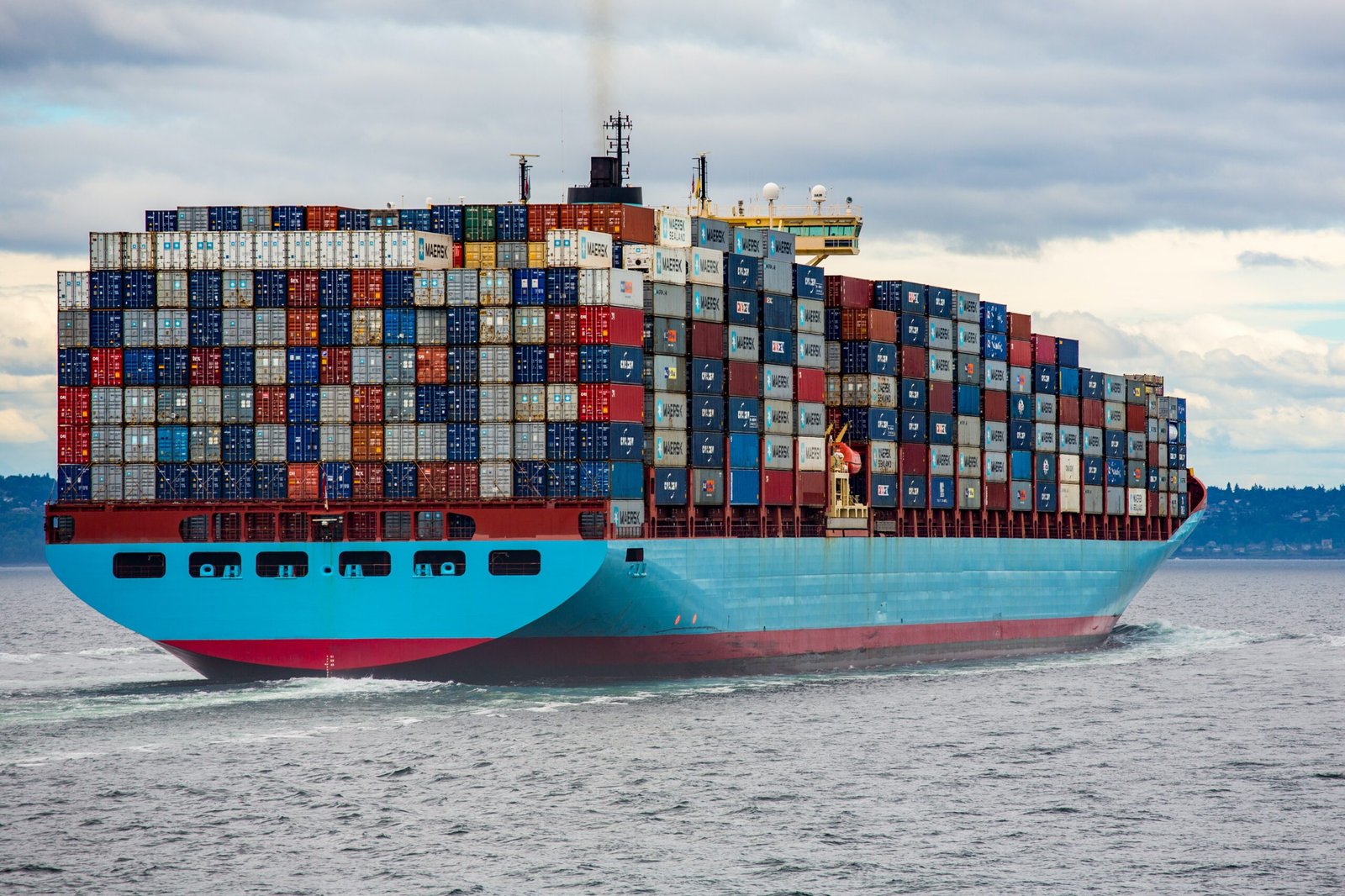Today, globalization has brought language to the core of international trade. Companies expanding throughout Southeast Asia have a particular challenge, the communication gap for markets where Malay and Indonesian dominate. These two languages are spoken by millions of people in the region. Therefore, knowledge of the importance of accurate translation unlocks business success in the region. From compliance to trade to product promotion and customer services, precise language facilitates clarity, minimizes risks, and wins trust. Let’s see how Malay and Indonesian translation is shaping trade on the international platform.
Southeast Asia’s Trade Landscape
Southeast Asia is one of the globe’s most rapidly developing areas. Home to more than 600 million individuals and a growing middle class, the ASEAN marketplace offers a rich investment opportunity for global brands. By itself, Indonesia, with more than 275 million people, is the region’s biggest economy. Malaysia is a commercial center with close connections to economies in Asia-Pacific and the Middle East.
While there is economic potential, linguistic diversity within the region can be a trade impediment. While English is the business language, it is not spoken by the majority of consumers or employees.
Building Trust in Local Markets
Any transaction depends on having trust; language is the foundation upon which businesses accessing Southeast Asian markets build relations of trust with local partners, consumers, and regulators.
By utilizing Malay translation services, businesses can demonstrate cultural sensitivity and a good understanding of local consumer needs. Clarity and accuracy in communication minimize room for misunderstanding and serve as an indicator that the business has plans to remain in a specific region for the long term.
Indonesian to English translation services, on the other hand, help local businesses in Indonesia extend their reach to international clients and partners. Contracts, compliance forms, and other marketing documents need to be translated accurately to prevent legal issues and time-consuming delays.
Enhancing Export and Import Processes
Trade documents are very technical and sensitive to meaning. They comprise customs declarations, shipping documents, technical specifications, and product labels. Translation mistakes can result in customs delays, legal sanctions, or denial of market access.
For instance, Indonesia has strict product labeling and certification requirements imposed upon its government. Mistranslation of safety instructions or dosage information on medical products can lead to recalls or bans. Exporters can ensure that all the documents required adhere to regulatory requirements without sacrificing clarity and accuracy through Indonesian to English translation services.
In the same manner, Malaysian importers and exporters can benefit from Malay translation services that convert contracts, invoices, and certificates in a version that is applicable. Accurate translation makes all the parties agree on terms, delivery dates, and price, preventing disagreements that will slow trade flows.
Supporting E-commerce and Digital Trade
Significance of translation is increased because of digitalization. The descriptions of the products, reviews, terms, and return policies must be in your preferred language on online platforms. Jakarta or Kuala Lumpur customers will pick a more direct site to buy from and feel more confident doing so. Hence, localization means much more than translating word-for-word. It can impact conversion rates and customer loyalty for online enterprises. Targeted translation services ensure brands are connecting with the Indonesian- and Malay-speaking audiences and competing in the digital marketplace.
Furthermore, customer service has gone multilingual now. It is important for companies to cater to inquiries through local languages, be it e-mails, chats, or voice. An over-reliance on English may cause a gap in communication, thus damaging its reputational image and customer satisfaction. To ensure that the company thrives in the long run, a language strategy is in place(pdf): localized FAQs, automated support utilities, and so on.
Facilitating Investment and Cross-Border Partnerships
Translation services play a significant role in attracting the foreign investment. When businesses are making decisions about establishing operations in Southeast Asia, they must know local laws, labor standards, and investment policies. Indonesia’s and Malaysia’s legal systems demand official reports be filed in the national language.
Access to experienced translators assists international businesses in understanding the regulatory environment. Clarity and transparency of the law are most essential while entering into joint ventures or purchasing foreign assets. Indonesian enterprises seeking partners abroad also enjoy accurate translation of offers, contracts, and fiscal documents.
Education, Training, and Workforce Integration
With more trade, more movement of people and skills. Local talent is hired by many multinational companies, or employees are sent across the world. Not only is language necessary for marketing but also for training, safety, and HR reporting.
Translated documents enable employers to effectively convey safety procedures, work roles, and expectations. It also enables local workers to clearly comprehend their rights and duties.
Technical training and vocational schooling in Indonesia and Malaysia demands multilingual content. Organizations localizing training modules realize faster skill acquisition and increased employee motivation, both of which are necessities in the manufacturing, healthcare, and logistics sectors.
Conclusion
As Southeast Asia increases in worldwide trade significance, so too does the demand for correct and culturally effective translation. Malay and Indonesian languages are doorways to prospering markets with potential. Whether you’re a multinational corporation venturing into new marketplaces or an indigenous company looking outward for growth, simple language is your best friend. Through the use of reliable translation services, companies acquire a tremendous advantage, lower risks, increased trust, and the full release of international trade potential.











